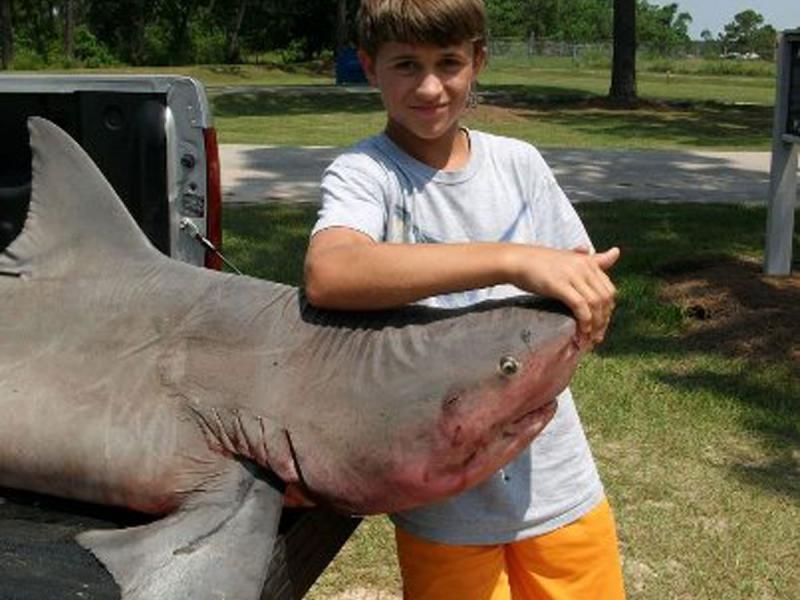Rules for Establishing State Saltwater Fish Records
1. Applicant must be legal to fish or possess fish in Alabama waters by complying with the following: possession of a valid saltwater license, Gulf Reef Fish Endorsement, age exemption, saltwater registry, NOAA Highly Migratory Species permit and/or any other legal requirement. An exception would be fishing from an appropriately licensed/permitted for-hire vessel.
2. Angler must have left and returned to an Alabama port without making landfall in another state, except in cases of emergencies involving safety of the boat or crew.
3. An official application must be submitted to the Marine Resources Division at marine.resources@dcnr.alabama.gov or at a Marine Resources office within 30 days of the catch. Marine Resources must verify the species prior to or during the submission of the application.
4. Application must include the following photos:
- whole fish and the recorded weight of the fish while on the scale
- whole fish viewed from the side
- close ups of dorsal and anal fins extended
- any distinct features such as large teeth, finlets, scutes, barbels etc.
- scale certification sticker or placard
5. Weighing of fish must be witnessed and attested to by two persons not related to the angler and fish must be weighed on certified scales. Record and photograph the date scales were certified.
6. Fish must be caught using a conventional rod and a non-powered reel, as allowed by the International Game Fish Association (IGFA) rules, using natural or artificial bait.
7. Fish must be on list of accepted species established by the IGFA, unless otherwise certified by the State Record Fish Committee.
8. Size of fish must be representative of an adult species. The weight must fall into the top half of the maximum reported weight for the species. If a recognized weight is not available, then the top half of recognized length would be accepted. The minimum weight for any species considered for state record is one pound.
9. To replace a record for a fish weighing less than 25 pounds, the replacement fish must weigh at least 2 ounces more than the existing record. To replace a record for a fish weighing 25 pounds or more, the replacement fish must weigh at least one-half of 1 percent more than the existing record. Example: to surpass a 50-pound fish, the additional weight required would be 4 ounces.
10. Any fish which matches the weight of an existing record or exceeds the weight by less than the amount required to defeat the record would be considered a tie. In the case of a tie claim involving more than two fish, weights must be compared with the original record (first fish to be caught). There is no limit to the number of ties and the original record stands until a fish meeting the requirements for a new record is recorded.
11. Applications must be reviewed and approved by majority of the State Record Fish Committee. The Committee’s decision is final.
12. The angler on the application is the only one allowed to fight the fish. Assistance in gaffing or netting the fish is allowed. Applicant must be in possession of the fish at the time of application submission.
13. It is recommended the fish be kept frozen for at least 15 days after submission. Should there be any question regarding identification or weight of the fish, an employee of Marine Resources may request the fish be returned for further inspection. If the fish is not available for verification the application may not be accepted.
14. For additional guidance, the IGFA rules will be referenced.








